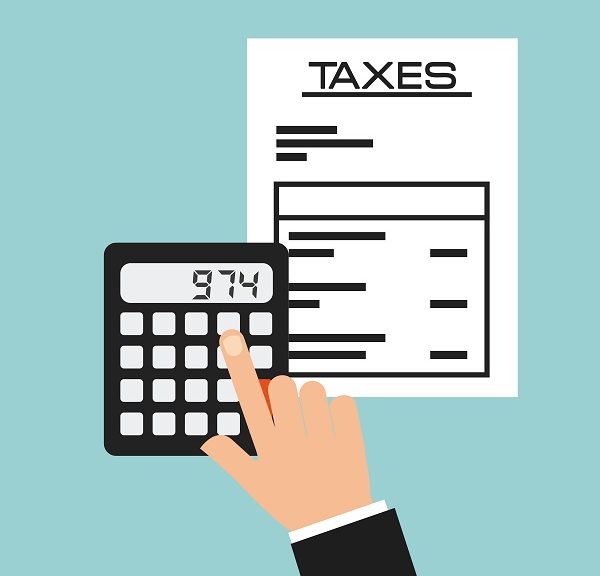If you are newly divorced or going through a divorce, you may be unsure how the Internal Revenue Service treats spousal support for tax purposes. Many people do not think about taxes until tax time rolls around. Of course, it is wise to be prepared on this issue, as receiving (or paying) spousal support will affect your tax bill and potentially lead to an underpayment that you will need to make up by April 15.
The Internal Revenue Service (IRS) treat spousal support, also called “alimony,” as income for federal tax purposes. The most important issue is what qualifies as alimony under federal tax law.
Alimony payments must meet all of the following qualifications:
- The parties do not file a joint return.
- The payments are made in cash, by check, or by money order.
- The payment is received either by the ex-spouse or on that person’s behalf.
- Neither the parties’ separation agreement nor a court decree says that the payment is not spousal support.
- The responsibility to make the payments stops when the ex-spouse dies or remarries.
- The payment is neither child support nor part of the parties’ property settlement.
The IRS specifically provides that the following do not qualify as alimony:
- child support;
- property settlements that are not made in cash;
- payments that are intended to be a spouse’s share of community property income; and
- payments made either to keep up or for the use of the paying spouse’s property.
The former spouse who receives the payments is required to report alimony as income for federal tax purposes. Likewise, the former spouse who makes alimony payments is entitled to a deduction for payments made.
Those who receive payments are required by law to cooperate by providing their Social Security number to the paying party. If receiving spouses do not do this, they may receive a $50 penalty. A party making the payments could not only receive a $50 penalty for failing to include the recipient’s Social Security number but also could see his or her income tax deduction disallowed.
Here are a few trickier situations that require competent financial or legal advice:
- payments made to a third-party under a separation agreement, a divorce decree, or at the written request of the receiving party;
- payments for life insurance premiums for the benefit of the receiving spouse, if they are required by court order or a written separation agreement; and
- certain mortgage, real estate tax, or house insurance payments.



